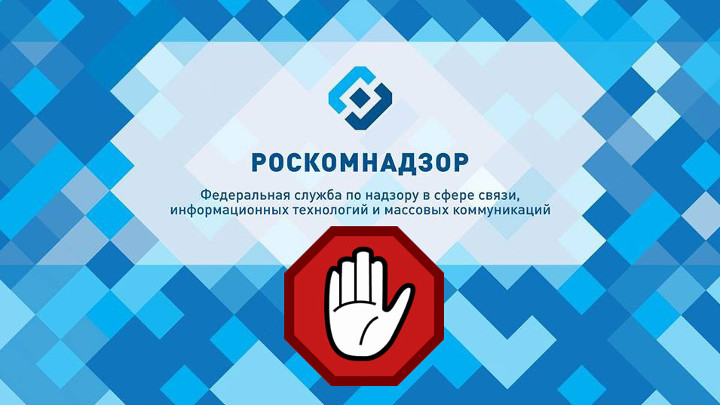Russia Intends to Block 9 Popular VPN Services
The Russian Federal Service for Supervision of Communications, Roskomnadzor, intends to block access to 9 popular VPN services. In March this year, 10 large suppliers were to receive requirements on limiting access to websites. Only Kaspersky Lab agreed to implement them.

Russia is taking further steps to censor the Internet. This time they were aimed at VPN services that did not comply with the requirements of Roskomnadzor - Federal Service for Supervision of Communications. Access to 9 popular VPN services will be blocked within a month.
It all started in March.
According to reports, in March, this year Roskomnadzor approached the operators of 10 popular private server networks with the information that their services will be blocked if they do not comply with the presented requirements and do not block access to sites on the blacklist of the Russian government. Only one supplier - Kaspersky Secure Connection - agreed to block the easiest way to bypass censorship.
Other service providers contacted by Roskomnadzor include OpenVPN, NordVPN, IPVanish, TorGuard and Hide My Ass. Most of them firmly refused to meet the regulator's demands, assuring their users that they were not interested in perpetuating the censorship of the Russian government. TorGuard also cleared its servers in Moscow and St. Petersburg.
A game of cat and mouse
It is not yet known how effectively Roskomnadzor will be able to block access to these services. Most of them are foreign entities, which strongly limits the room for maneuver. This does not mean, however, that the regulator will not attempt to do something about it, as it did in April 2018, when millions of IP addresses were banned, to stop prohibited services from using the domain fronting method, which in a great simplification consists in taking over the identity of another "secure" domain to mask network traffic from censors.
Russia is making it clear that it does not plan to take pressure off technology companies that limit its ability to control the actions of its citizens on the web. In June 2018, Apple had to block access to the Telegram application, and recently Facebook was obliged to store the data of Russian citizens within the country. There were also rumors that Roskomnadzor is working with Google to remove links to banned websites and services from search results. A test was also carried out to disconnect the whole country from the global Internet.
Quo Vadis Kaspersky?
It may turn out that Kaspersky Secure Connection will be the only large service provider on the VPN market, whose use in Russia will be legal. In order to improve its image, Kaspersky Lab moved a large part of its architecture from Moscow to Switzerland some time ago to stop speculation about close cooperation with the Kremlin. However, recent actions may be a little bit contradictory, especially against the background of the attitude adopted by other providers of similar services.
- Dev won against Steam. „We stood our ground and didn't bend the knee, going forward, we will keep fighting censorship”
- Can we still call it Diablo? Censorship could make Diablo 4 unrecognizable in China
- Problems with X (formerly Twitter) and ChatGPT (unlock challenges) continue as Cloudflare Global Network is experiencing issues
0
Latest News
- Elite Mod lets you play the Tau faction in Warhammer 40K: Dawn of War 2
- Huge Marvel Adventures mod now with new superheroes, including Sentry
- Butcher's Summit, an impressive free diselpunk FPS, has been released
- Free FPS on Half Life engine gets big update
- On February 3, gaming history could change forever. Red Dead Redemption 2 one step away from a major achievement

